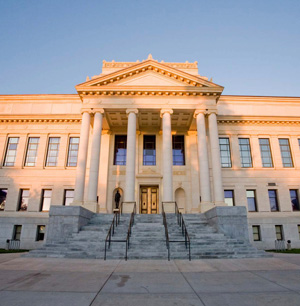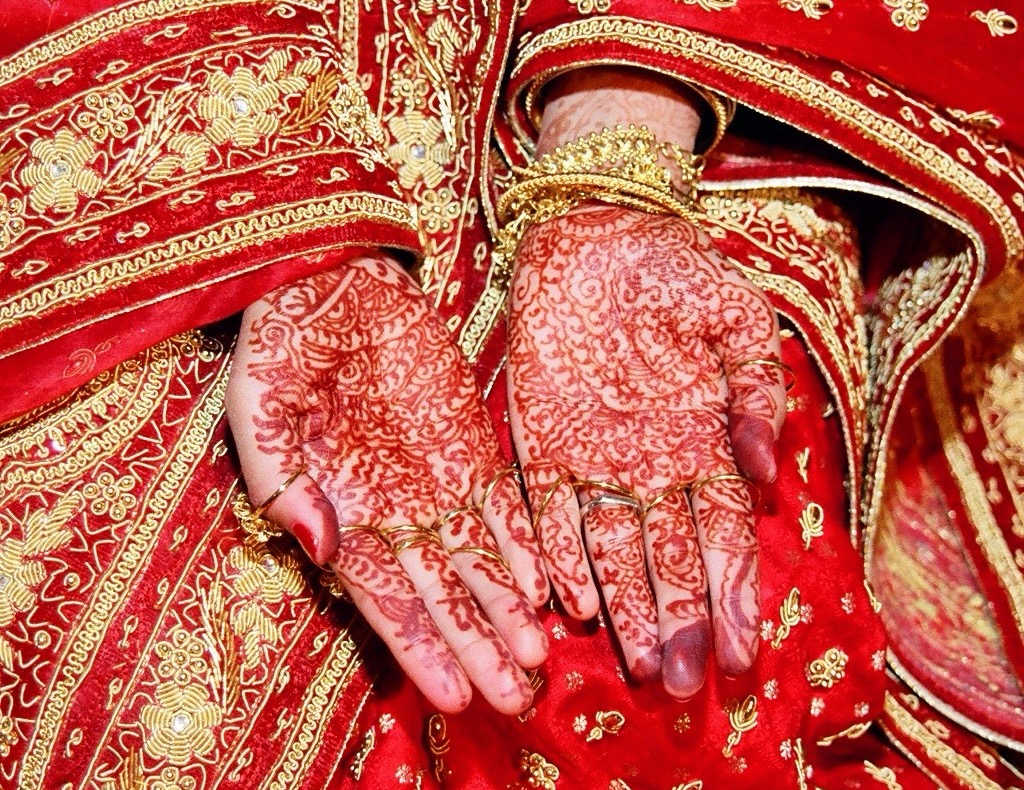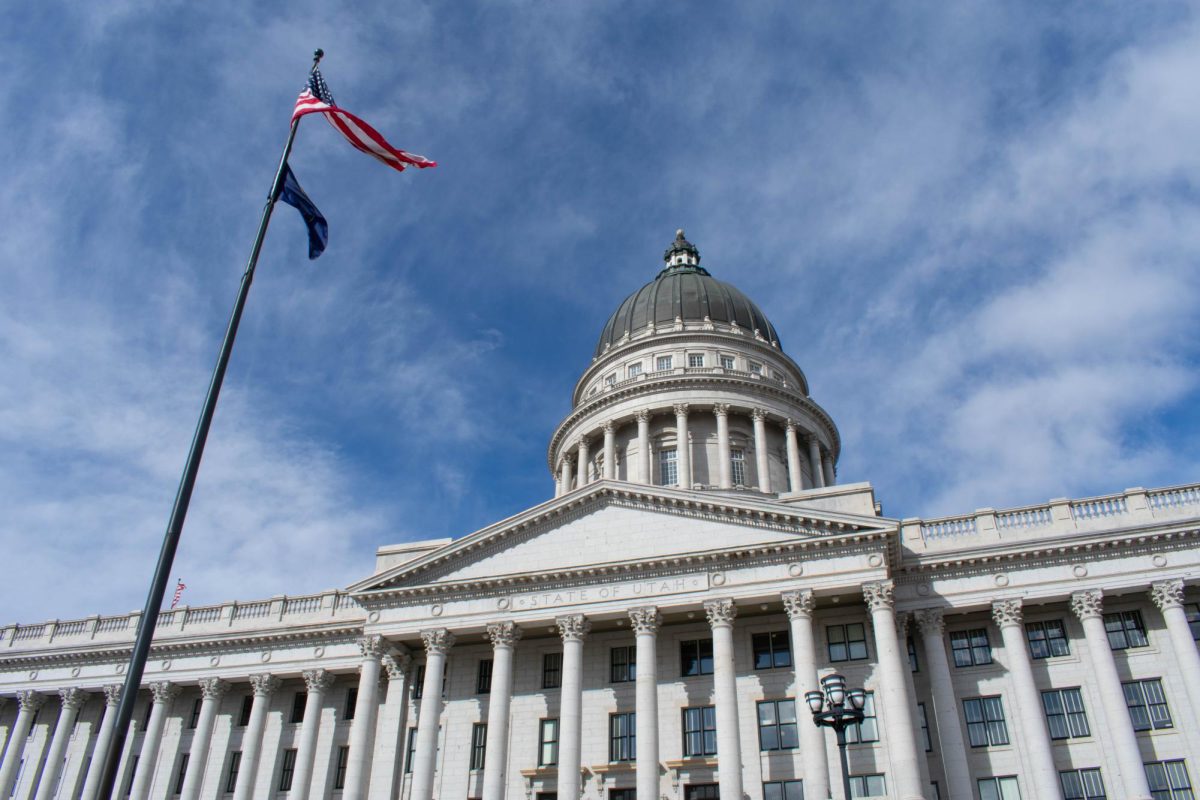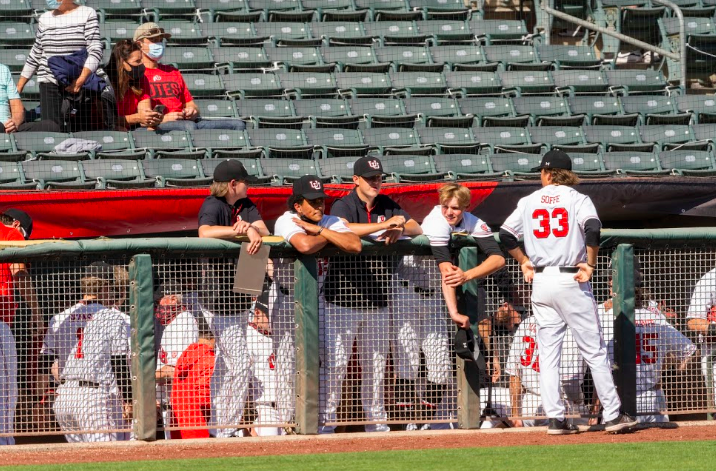Poma: Free Speech is Not Under Attack. Universities Should Clarify That

The Park Building at the top of President’s Circle, where the U administration works. (Chronicle archives)
March 9, 2021
Free speech versus hate speech has been a topic of debate for several years now. In response, many institutions in Utah and nationwide have adopted codes of conduct that punish verbal harassment, which many people feel violates the First Amendment. H.B. 159, sponsored by Rep. Jordan D. Teuscher and passed by state lawmakers, will prohibit universities from having such constrictive codes of conduct, citing that matters concerning discriminatory harassment are the only instances in which universities can intervene. It will also allow students who feel their free speech rights have been attacked to sue the institution. While the intentions of this bill are honorable, it doesn’t acknowledge the fact that public universities already have a legal obligation to uphold free speech and it ignores the reasons for which many public institutions have adopted harassment codes. Future legislation should focus on working with universities to create a welcome environment for all college students rather than pushing the illusion of an outright attack on free speech.
H.B. 159 bars public institutions from punishing “student-on-student speech that does not constitute discriminatory harassment.” Bill sponsors clarify that this new law will not prevent universities from intervening in instances of discriminatory harassment and allows universities to talk with students about conduct. “We want to provide as much free speech as we possibly can, while at the same time protecting [people from] harassment,” Teuscher said in an interview. “It doesn’t prevent the university from counseling with a student and saying that maybe they phrased something in a way that hasn’t risen to the level of hate speech or harassment right now, but wasn’t good speech.”
Most universities already operate according to this type of policy — so what’s the problem with the way things stand now? Advocates of the bill such as the Libertas Institute believe that “several Utah universities have adopted poorly written harassment codes that could be used to punish free speech.” In some cases, that might be correct. According to the American Bar Association, it is not technically illegal for someone to call someone else a name — no matter how demeaning. It is only when the victim’s right to peace has been violated that an institution can step in, which H.B. 159 outlines.
But the bill loses sight of the matter by giving those who feel their rights were violated the ability to sue their respective institution. Yes, free speech should be protected. But lawmakers shouldn’t resolve the issue by giving those who made awful remarks in one-off situations a leg to stand on if they feel a university’s admonishment infringed on their rights. Universities are uniquely positioned to act as ‘first responders’ to such circumstances, and as such, those corrective conversations should be encouraged on college campuses.
Even though the bill’s allowance of informal reprimands by schools was not clearly outlined, Teuscher believes it is crucial. “By having these conversations, people will learn what’s acceptable speech when they can leave college campuses. That enables dialogue to continue and have people’s ideas be challenged and questioned,” he said. “There might be scorn given to a student for the type of speech that they used, but it isn’t necessarily the university’s role to come in and punish a student for that.”
Because of our rapidly changing social and political climates, the issue of free speech on college campuses has been addressed from every angle and by everyone from PBS to former president Donald Trump. The general consensus is that free speech of all kinds should always be protected. In other words — banning free speech is bad. Because of Americans’ sensitivity to this issue, speech codes or harassment codes are sometimes viewed as attacks on free speech, even though that’s not necessarily true.
This issue has persisted since the 1980s. Numerous court cases surrounding free speech protections of hate speech often ruled that universities shouldn’t have overreaching speech codes. Many colleges, including the University of Utah, have published stances on free speech that clarify the fact that they cannot formally or legally condemn any speech on campus — hateful or not. That has always been the case with public institutions. So there seems to be a small disconnect between H.B. 159 and Utah’s universities. There has been an acknowledgment of the importance of free speech on campus. And the ultimate goal is to ensure no one is discriminated against or harassed to a point that it hinders their education. Institutions don’t have bad intentions, nor do they want to create a coddled campus utopia — they just want campuses to be safe spaces for everyone.
H.B. 159 adheres to the general view that universities should rebuke discriminatory speech. But what constitutes discriminatory speech at each school? And how can we create better environments for students while still upholding the intentions of university harassment codes? This bill, in tandem with universities’ goals, might be the answer to problems of intra-state inconsistency. “Universities weren’t trying to crack down on speech. They’re trying to address important harassment issues that they see,” Teuscher said. Under this bill, “we’ll have a consistent standard across the state. So wherever you’re going, it’s clear what harassment is and what is and is not tolerated. Everyone’s playing by the same rules.”
Given individual schools’ general good faith, the most important aspect of the bill is the language that focuses on promoting healthy environments. In implementing H.B. 159 as law, university administrators should pay special attention to the part of the bill that reads, “Nothing in this part prevents an institution from responding to student-on-student speech that is not discriminatory harassment by taking nonpunitive actions designed to promote a welcoming, inclusive environment.” In the next legislative session, it might be worth reevaluating this bill. At the end of the day, college students might benefit more if lawmakers worked with USHE institutions to fine-tune their harassment codes, rather than demanding the universities abandon them altogether. Lawsuits don’t necessarily solve this issue, but conversations could.
Again, that would start with having state and university leaders work together to refine the language of their speech and harassment codes — and making that process public. Universities should do as H.B. 159 outlines and clarify that preventing harassment does not mean free speech is under siege, and that they will not be defending instances of harassment or off-hand remarks. A future iteration of the bill should recognize that while finding the words to mark the line between harassment and free speech is difficult, it’s necessary in not only protecting our First Amendment rights but making campuses a better place to have these types of conversations. The only way we can achieve that is by emphasizing the need for inclusivity — not by making universities out to be the bad guy in this situation. You and I have the right to freely speak our minds. That’s why I’m writing this right now. It’s how we handle that right and responsibility that matters most at the end of the day.










